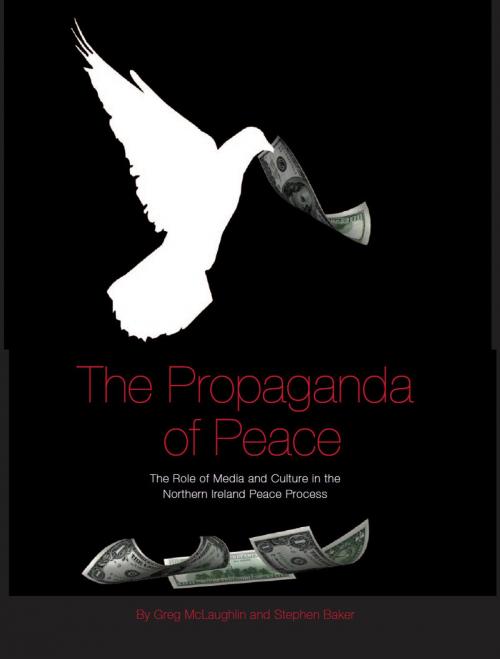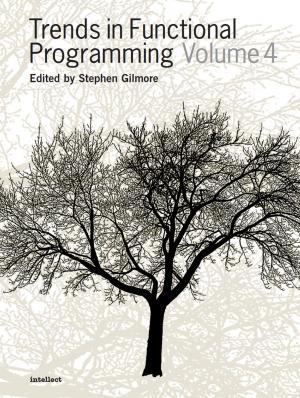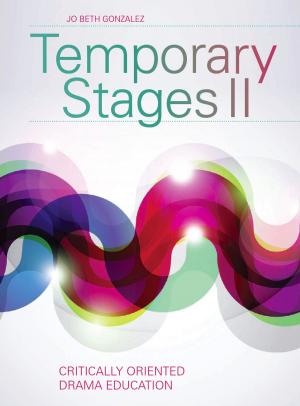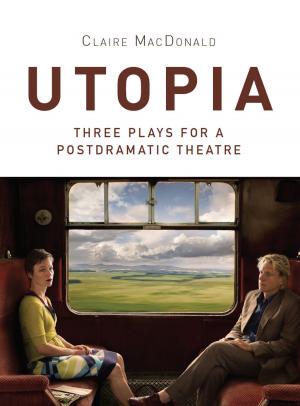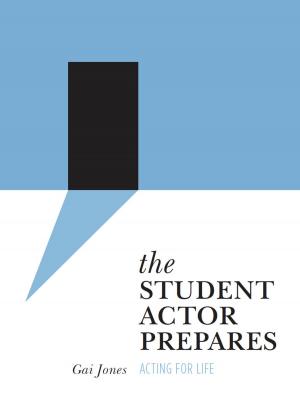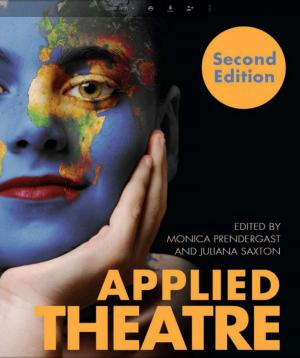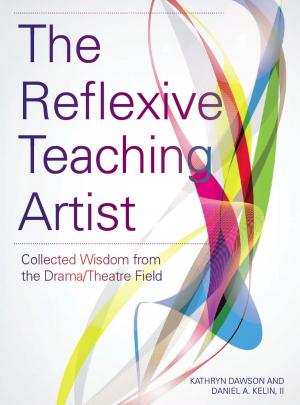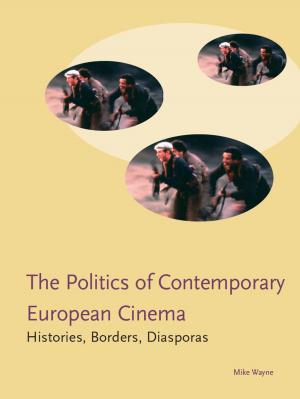The Propaganda of Peace
The Role of Media and Culture in the Northern Ireland Peace Process
Fiction & Literature, Literary Theory & Criticism, European, Nonfiction, Social & Cultural Studies, Political Science, History| Author: | Greg McLaughlin, Stephen Baker | ISBN: | 9781841503936 |
| Publisher: | Intellect Books Ltd | Publication: | April 1, 2010 |
| Imprint: | Intellect | Language: | English |
| Author: | Greg McLaughlin, Stephen Baker |
| ISBN: | 9781841503936 |
| Publisher: | Intellect Books Ltd |
| Publication: | April 1, 2010 |
| Imprint: | Intellect |
| Language: | English |
When political opponents Ian Paisley and Martin McGuiness were confirmed as First Minister and Deputy First Minister of a new Northern Ireland executive in May 2007, a chapter was closed on Northern Ireland’s troubled past. A dramatic realignment of politics had brought these irreconcilable enemies together—and the media played a significant role in persuading the public to accept this startling change. The Propaganda of Peace places their role in a wider cultural context and examines a broad range of factual and fictional representations, from journalism and public museum exhibitions to film, television drama and situation comedy. The authors propose a radically different theoretical and methodological approach to the media’s role in reporting and representing. They ask whether the ‘propaganda of peace’ actually promotes the abandonment of a politically engaged public sphere at the very moment when public debate about neo-liberalism, financial meltdown and social and economic inequality make it most necessary.
When political opponents Ian Paisley and Martin McGuiness were confirmed as First Minister and Deputy First Minister of a new Northern Ireland executive in May 2007, a chapter was closed on Northern Ireland’s troubled past. A dramatic realignment of politics had brought these irreconcilable enemies together—and the media played a significant role in persuading the public to accept this startling change. The Propaganda of Peace places their role in a wider cultural context and examines a broad range of factual and fictional representations, from journalism and public museum exhibitions to film, television drama and situation comedy. The authors propose a radically different theoretical and methodological approach to the media’s role in reporting and representing. They ask whether the ‘propaganda of peace’ actually promotes the abandonment of a politically engaged public sphere at the very moment when public debate about neo-liberalism, financial meltdown and social and economic inequality make it most necessary.
